
Biography
Dr Randa Kachef is a Research Affiliate of the Department of Geography. Previously, she taught as a lecturer in the department. Randa has a broad interest in creative approaches to human and physical interdisciplinary research and communicating science based content to audiences with little scientific knowledge.
Before she discovered her passion for Geography, Randa worked for six years in marketing and communications. She pursued her interest in Geography with an MSc in Risk Analysis from King's in 2015, and then completed her PhD in 2022, also from King's.
Randa is interested in pursuing research with outcomes that are timely and practically applicable. Her PhD research focused upon littering behaviour and trends founded in geospatial and comparative analysis. She partnered with the Hubbub Foundation UK to consult several local councils on how to address the issue of littering. The outcome of this research was presented in the Houses of Parliament on several occasions. In 2022, Randa won an SSPP Impact Award prize for her work with the Brighton council.
Currently, she is working on a research project funded by the United Nations Environment Programme (UNEP) to document the environmental impact of the ongoing Ukrainian invasion. She is also a member of the Thames Estuary Partnership, a research collaboration to reduce the amount of litter in the Thames river.
Randa has also used her expertise in marketing in her work with several research journals to improve their communications and online presence.
Research
- Behavioural and material analysis
- Waste management processes
- Micro and macroplastics in the environment
- Environmental consequences of war
Randa's interests also span across dimensions of research methods including designing research for impact, accessible and effective communication and radical research methods.
Further details
Research

King's Water Centre
Researching water, environment and development. Our centre spans the humanities, social, and physical sciences to explore the challenges of water governance from global to local scales.
News
COMMENT: Donald Trump wants to bring back plastic straws, but the world is going in another direction
Donald Trump recently surprised the world again by signing an action to end what he describes as the “forced use”* of paper straws.
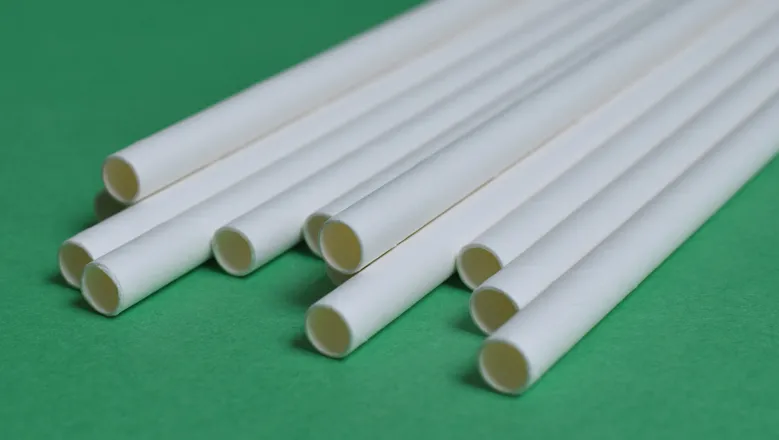
COMMENT: Why plastic bottles now have their caps attached
Dr Randa Kachef examines the new change in single-use plastic bottles and whether it will improve recycling.

COMMENT: Three water companies face big fines for sewage spills – it won't do any good unless our whole approach to waste changes
Dr Randa Kachef explains why the fines won't do much to stop sewage from flowing into water bodies.
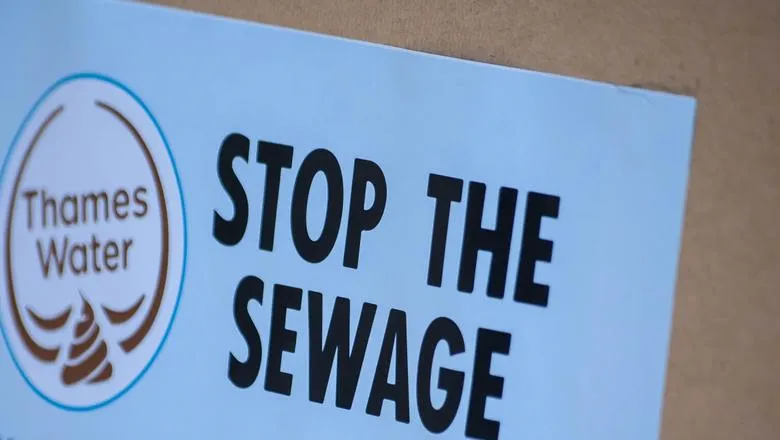
COMMENT: A ban on plastic wet wipes may lead to more river pollution, not less
Dr Randa Kachef argues that a ban would do little to address the full environmental impact of wet wipes on water security.

COMMENT: 'Polite littering' is a rubbish problem - here's why the British approach to tackling clean ups is not working
Since moving to London almost a decade ago, I’ve always been struck by the drink tins, sandwich packs and free newspapers draped on and wedged in every nook...
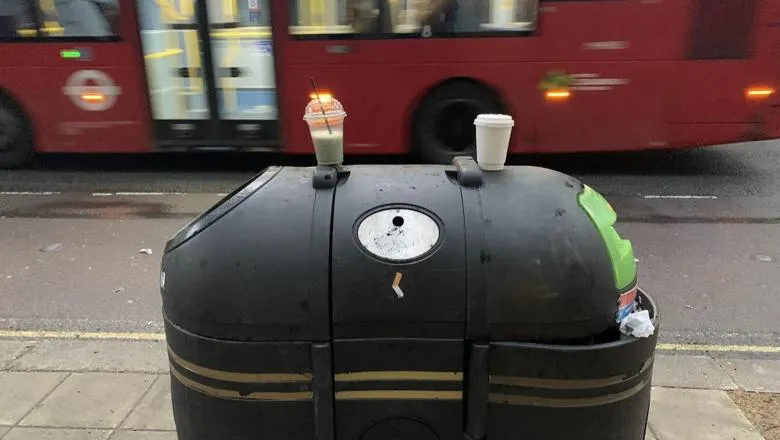
SSPP celebrates impactful research across the faculty
The Faculty of Social Science & Public Policy recently held its first Impact Awards to recognise and celebrate activity that has had a positive impact on...
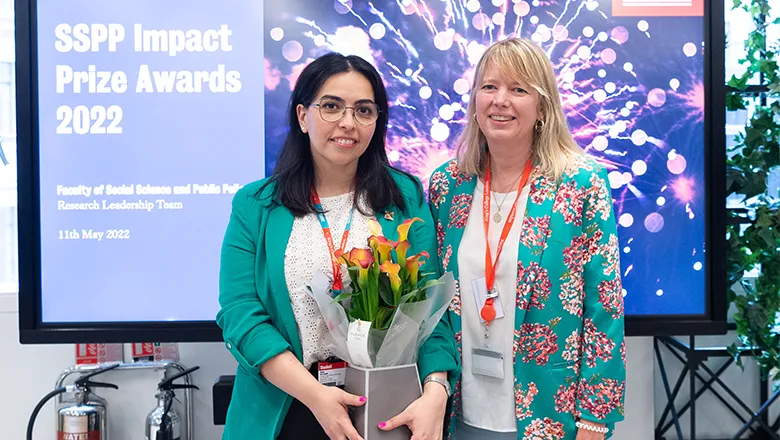
Events
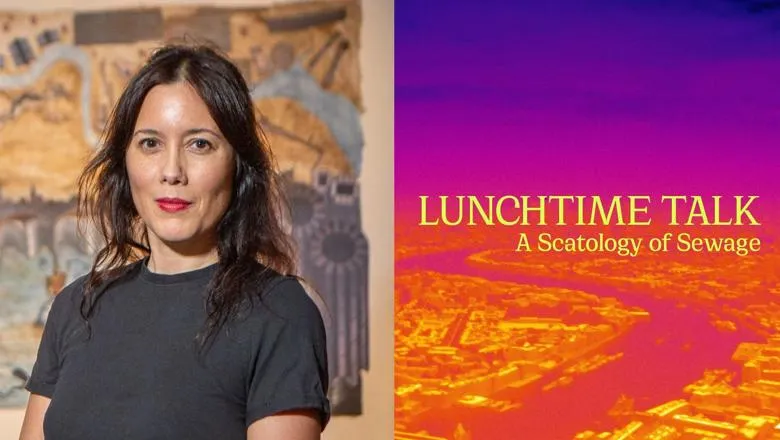
Lunchtime Talk: A Scatology of Sewage
Artist Dr. Gayle Chong Kwan and Dr. Randa Kachef discuss environmental degradation and waste management through creative and science-based approaches.
Please note: this event has passed.
Features
Public awareness about sewage pollution is the first step - monitoring is the next
Dr Randa Kachef on how the Thirst research project will help tackle sewage pollution in the Thames.

Research

King's Water Centre
Researching water, environment and development. Our centre spans the humanities, social, and physical sciences to explore the challenges of water governance from global to local scales.
News
COMMENT: Donald Trump wants to bring back plastic straws, but the world is going in another direction
Donald Trump recently surprised the world again by signing an action to end what he describes as the “forced use”* of paper straws.

COMMENT: Why plastic bottles now have their caps attached
Dr Randa Kachef examines the new change in single-use plastic bottles and whether it will improve recycling.

COMMENT: Three water companies face big fines for sewage spills – it won't do any good unless our whole approach to waste changes
Dr Randa Kachef explains why the fines won't do much to stop sewage from flowing into water bodies.

COMMENT: A ban on plastic wet wipes may lead to more river pollution, not less
Dr Randa Kachef argues that a ban would do little to address the full environmental impact of wet wipes on water security.

COMMENT: 'Polite littering' is a rubbish problem - here's why the British approach to tackling clean ups is not working
Since moving to London almost a decade ago, I’ve always been struck by the drink tins, sandwich packs and free newspapers draped on and wedged in every nook...

SSPP celebrates impactful research across the faculty
The Faculty of Social Science & Public Policy recently held its first Impact Awards to recognise and celebrate activity that has had a positive impact on...

Events

Lunchtime Talk: A Scatology of Sewage
Artist Dr. Gayle Chong Kwan and Dr. Randa Kachef discuss environmental degradation and waste management through creative and science-based approaches.
Please note: this event has passed.
Features
Public awareness about sewage pollution is the first step - monitoring is the next
Dr Randa Kachef on how the Thirst research project will help tackle sewage pollution in the Thames.

